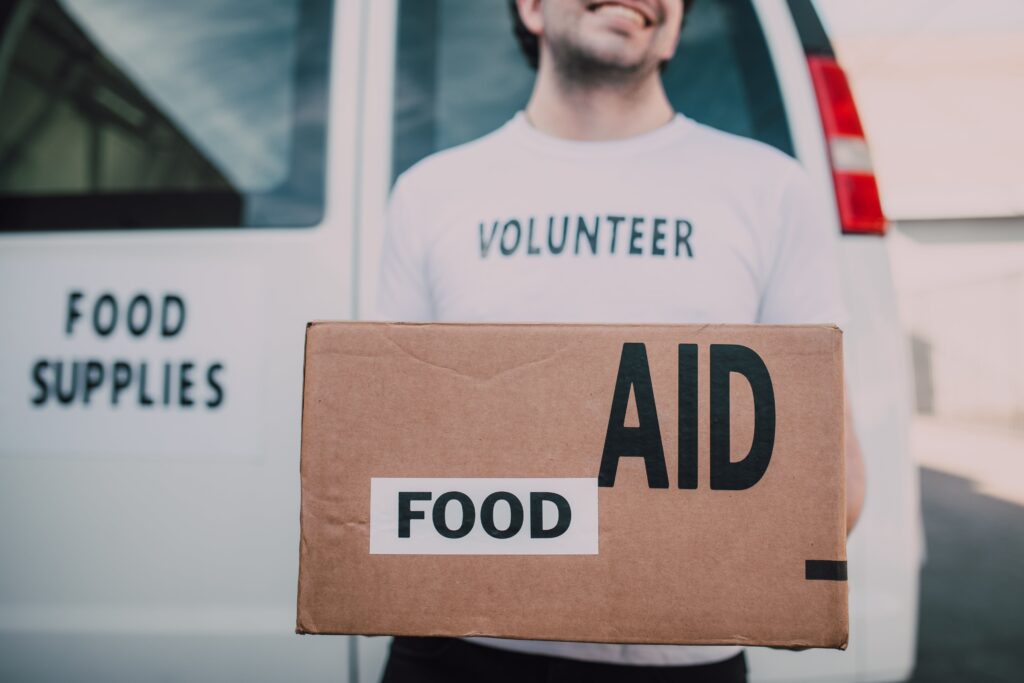Scammers constantly devise new methods to exploit unsuspecting individuals, and one prevalent tactic is the infamous “252-713-4737” donation request call. In this article, we’ll delve into the nature of these calls, explore the potential risks they pose, and discuss strategies to protect yourself and others from falling victim to such scams.
Understanding the landscape of donation request calls is crucial in today’s digital age. As technology advances, so do the methods employed by scammers seeking to manipulate individuals for financial gain. The “252-713-4737” call has become a common occurrence, prompting the need for heightened awareness and preventive measures.
What is the 252-713-4737 Donation Request Call?
At its core, the “252-713-4737” call is a type of scam where individuals receive unsolicited requests for donations. These calls often employ persuasive tactics, preying on the goodwill of individuals who may be inclined to contribute to charitable causes.
Why are Donation Request Calls a Concern?
The surge in fraudulent donation request calls has raised concerns among authorities and individuals alike. The article explores the implications of falling victim to such scams, emphasizing the need for awareness and caution.
Recognizing the 252-713-4737 Call
To effectively combat donation scams, it’s crucial to recognize the common traits and red flags associated with the “252-713-4737” call. By analyzing the language used and the behavior of the caller, individuals can better safeguard themselves against potential threats.
How to Respond to Donation Request Calls
Navigating the response to these calls requires a careful approach. This section provides guidelines on what information not to disclose and offers advice on reporting fraudulent donation requests to relevant authorities.
Legal Measures Against Donation Scams
Existing regulations play a vital role in curbing fraudulent activities. The article discusses the current legal landscape surrounding donation scams and advocates for more stringent measures to deter scammers.
Protecting Yourself from Donation Scams
Individuals can take proactive steps to shield themselves from donation scams. This section explores educational initiatives, call-blocking tools, and other strategies to enhance personal security.
Recent Cases and Investigations
Highlighting ongoing efforts to combat donation scams, this section sheds light on successful cases and investigations that have led to the apprehension of scammers.
Impact on Legitimate Charities
Unfortunately, the prevalence of donation scams negatively affects legitimate charitable organizations. Rebuilding trust and reassuring donors are essential aspects of mitigating the fallout from these scams.
Understanding the Psychology Behind Donation Scams
Delving into the psychology of scammers provides insight into their tactics. By understanding how scammers operate, individuals can better protect themselves and others from falling victim to manipulation.
The Role of Technology in Donation Scams
Advancements in technology have not only facilitated scams but also provided tools for cybersecurity. This section explores the dual role of technology in donation scams and the measures that can be taken to counteract these malicious activities.
Educational Initiatives to Combat Donation Scams
Public awareness campaigns and educational programs are crucial components of preventing donation scams. By empowering individuals with knowledge, communities can collectively work to eradicate these scams.
Community Involvement in Scam Prevention
Communities can play a significant role in preventing scams through neighborhood watch programs and collaborative efforts. Building a united front against scammers enhances the overall resilience of a community.
The Future of Donation Request Calls
As technology evolves, so does the landscape of donation request calls. This section speculates on the future of these scams, considering technological advancements in call screening and potential legislative improvements.
Conclusion
In conclusion, combating the “252-713-4737” donation request call requires a multi-faceted approach. By understanding the nature of these scams, recognizing red flags, and actively participating in preventive measures, individuals can contribute to a safer digital environment.

